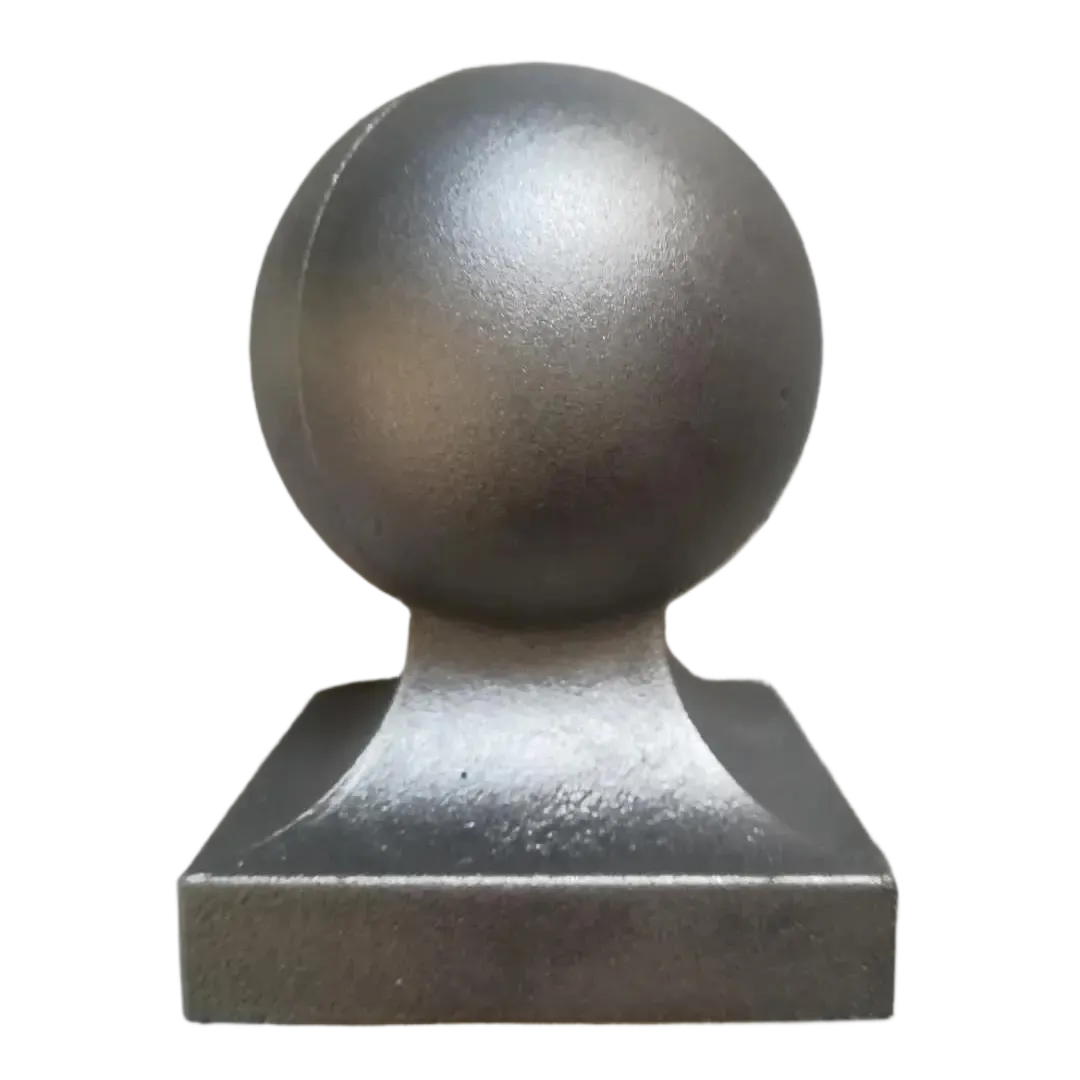Exploring the Properties and Characteristics of Iron in Various Applications
The Importance of Iron Property in Material Science
Iron is one of the most abundant elements on Earth and plays a crucial role in various fields, particularly in material science. As a fundamental building block of many alloys and compounds, iron's properties significantly influence the performance of materials used in construction, manufacturing, and engineering. This article delves into the significant properties of iron, including its mechanical characteristics, its role in magnetic applications, and the implications of its properties in various industries.
Mechanical Properties of Iron
The mechanical properties of iron are what make it an essential material in engineering. Iron is known for its excellent tensile strength, hardness, and ductility. These properties allow it to be shaped into various forms while maintaining structural integrity, making it a popular choice for construction and heavy machinery.
One of the most notable forms of iron is cast iron, which contains a high carbon content. Cast iron can withstand high compression loads and is resistant to wear, but it is brittle, which limits its applications in certain situations. Another form is wrought iron, which has been worked into shape by heating and hammering. Wrought iron is known for its malleability and toughness, making it an ideal material for items such as gates, railings, and decorative structures.
The alloying of iron with other metals, such as carbon, nickel, and chromium, further enhances its properties. Steel, which is primarily an alloy of iron, has revolutionized industries with its enhanced strength and versatility. The ability to modify iron's properties through alloying is critical in developing materials for specific applications, enabling manufacturers to produce everything from skyscrapers to intricate machinery.
Magnetic Properties of Iron
Iron is also well-known for its magnetic properties. As a ferromagnetic material, iron can be magnetized and retains its magnetic properties even after the external magnetic field is removed. This characteristic is vital in many applications, including electrical engineering and electronics.
iron property

In transformer cores and electric motors, iron is used to enhance magnetic fields, leading to improved efficiency and performance. The use of soft magnetic iron in transformers minimizes energy losses due to hysteresis, ensuring that electrical energy is effectively converted and transmitted. Moreover, the development of high-chromium iron alloys has allowed for the enhancement of magnetic properties suitable for high-temperature applications.
The magnetic property of iron also plays a significant role in data storage technologies. In hard disk drives and magnetic tape, iron oxide particles are used to store data by changing the magnetic orientation of the particles. This property of iron is indispensable in the ongoing evolution of data storage technology, impacting how we manage and utilize information.
Implications for Various Industries
The various properties of iron have profound implications for various industries. In construction, the ability to utilize iron’s strength while also being able to mold it into required shapes leads to robust and durable structures. The versatility of iron and its alloys also means that it can be used in a wide range of applications, from bridges and buildings to automobiles and machinery.
In the manufacturing sector, iron plays a pivotal role in producing machine parts, tools, and appliances. Its hardness and strength make it ideal for manufacturing items that require durability and resilience. Additionally, as industries seek to improve efficiency and sustainability, innovations focusing on the recycling and repurposing of iron have become increasingly prevalent.
The future of iron in technology also looks promising. As electrical and electronic technologies continue to advance, the demand for specialized iron alloys is likely to grow. Innovations aimed at improving the magnetic properties of iron and reducing weight while maintaining strength could lead to breakthroughs in fields such as transportation and renewable energy.
Conclusion
Iron's properties—mechanical, magnetic, and beyond—make it an indispensable material in many industries. Its ability to be formed into various alloys and compounds expands its applications significantly. As technology continues to evolve, the significance of iron and its properties will undoubtedly remain a focal point in material science and industrial innovation. Understanding and leveraging these properties are crucial for developing the next generation of materials that meet the challenges of modern engineering and manufacturing.
-
Wrought Iron Components: Timeless Elegance and Structural StrengthNewsJul.28,2025
-
Window Hardware Essentials: Rollers, Handles, and Locking SolutionsNewsJul.28,2025
-
Small Agricultural Processing Machines: Corn Threshers, Cassava Chippers, Grain Peelers & Chaff CuttersNewsJul.28,2025
-
Sliding Rollers: Smooth, Silent, and Built to LastNewsJul.28,2025
-
Cast Iron Stoves: Timeless Heating with Modern EfficiencyNewsJul.28,2025
-
Cast Iron Pipe and Fitting: Durable, Fire-Resistant Solutions for Plumbing and DrainageNewsJul.28,2025
-
 Wrought Iron Components: Timeless Elegance and Structural StrengthJul-28-2025Wrought Iron Components: Timeless Elegance and Structural Strength
Wrought Iron Components: Timeless Elegance and Structural StrengthJul-28-2025Wrought Iron Components: Timeless Elegance and Structural Strength -
 Window Hardware Essentials: Rollers, Handles, and Locking SolutionsJul-28-2025Window Hardware Essentials: Rollers, Handles, and Locking Solutions
Window Hardware Essentials: Rollers, Handles, and Locking SolutionsJul-28-2025Window Hardware Essentials: Rollers, Handles, and Locking Solutions -
 Small Agricultural Processing Machines: Corn Threshers, Cassava Chippers, Grain Peelers & Chaff CuttersJul-28-2025Small Agricultural Processing Machines: Corn Threshers, Cassava Chippers, Grain Peelers & Chaff Cutters
Small Agricultural Processing Machines: Corn Threshers, Cassava Chippers, Grain Peelers & Chaff CuttersJul-28-2025Small Agricultural Processing Machines: Corn Threshers, Cassava Chippers, Grain Peelers & Chaff Cutters












